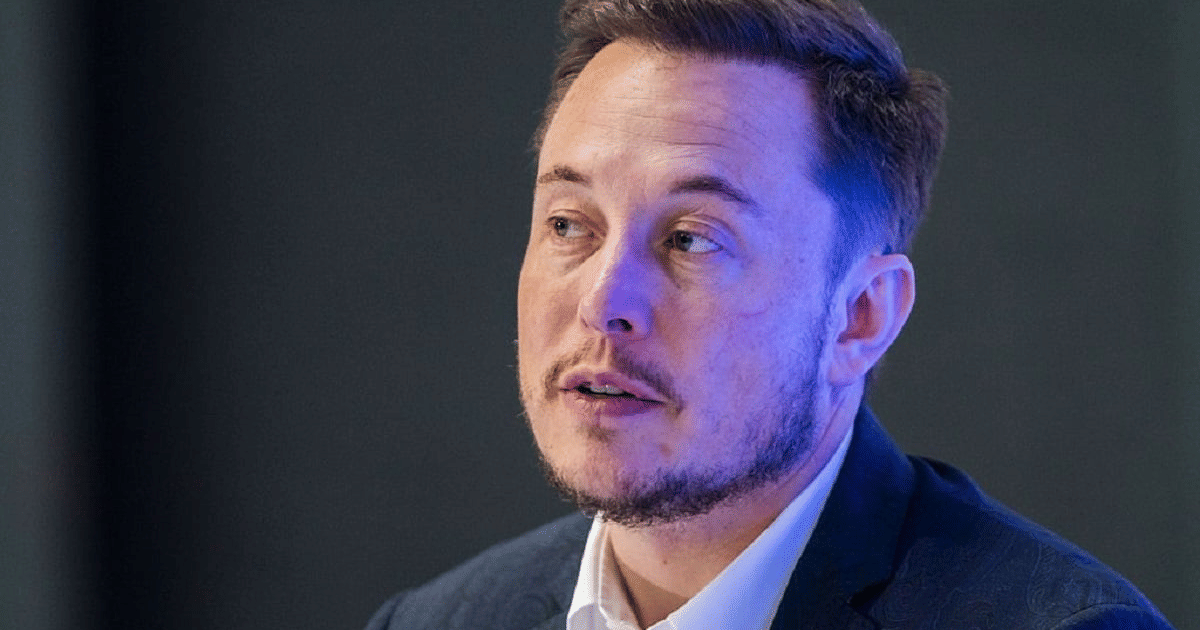 |
|
The recent escalation of tensions surrounding the H-1B visa issue has brought forth a fierce debate within the United States, particularly within the Republican Party. Tesla and SpaceX CEO Elon Musk, a prominent figure in American business and technology, has directly engaged in this controversy, launching a forceful condemnation of what he terms “hateful, unrepentant racists” within the GOP. His intervention follows accusations from an Indian-American Democrat alleging discriminatory treatment of Indian-Americans within the Republican party, highlighting the sensitive and complex nature of the issue. Musk’s vocal support for legal immigration through the H-1B route is not merely a personal stance; it reflects a broader conversation about the contributions of skilled immigrants to the American economy and society. The controversy further underscores the internal divisions within the Republican party, a fissure exemplified by the differing views of Musk and some of his fellow Republicans on the issue of immigration.
The central point of contention revolves around the H-1B visa program, which allows US companies to employ foreign workers in specialty occupations. Indians comprise the largest beneficiary group of this program. The recent appointments of several Indian-Americans to key positions within the previous administration have drawn criticism from certain segments of the Republican base, including some prominent figures who have voiced concerns about the H-1B program. This backlash has ignited a broader debate about the role of immigration in American society, the balance between national interests and the contributions of immigrants, and the inherent tensions between different factions within the Republican Party. This situation underscores the political complexities surrounding immigration reform, illustrating how it can intersect with racial and ethnic identities, national economic policies, and internal party dynamics.
Musk's strong stance against what he identifies as racist elements within the Republican Party reflects a growing awareness of the need for inclusive immigration policies. His actions, particularly his public pronouncements on X (formerly Twitter), have brought significant attention to the issue. Musk’s personal experience, as an immigrant who has benefitted from the system, adds weight to his arguments. His declaration that he will “go to war” on this issue indicates the intensity of his commitment. However, his actions have also invited criticism, primarily from within the Republican Party, where some see his interventions as undermining party unity. The broader implications of Musk's actions extend beyond the immediate H-1B debate. It raises questions about the influence of powerful figures in shaping public discourse on immigration and the role of social media platforms in amplifying these discussions. The ongoing debate underscores the urgent need for a comprehensive and fair approach to immigration reform, one that acknowledges the economic benefits of skilled immigration while addressing legitimate concerns about national security and workforce protections.
The situation is further complicated by the involvement of other prominent individuals. Neera Tanden, President Biden’s US Domestic Policy Council director, highlighted perceived differences in how the Democratic and Republican parties view Indian Americans. Her statements ignited a further exchange on social media, with responses ranging from those supportive of Tanden's claims to others criticizing her stance. The involvement of figures like Scott Adams, known for his political commentary, adds another layer to the already complex situation. The discussion also underscores the role of social media in shaping and disseminating political narratives, influencing public opinion, and shaping the overall political landscape. The rapid dissemination of views and counter-views highlights the immediacy and reach of online platforms and their potential to both inform and misinform the public.
In conclusion, the controversy surrounding the H-1B visa program and Elon Musk's forceful response serves as a microcosm of broader societal issues related to immigration, race, and political polarization. The intense debate highlights the need for rational discourse and respectful engagement on these important topics. The long-term effects of this controversy will undoubtedly shape future immigration policy debates and the evolving political landscape of the United States. The outcome will likely depend on several factors, including the evolving political climate, the success or failure of initiatives aimed at comprehensive immigration reform, and the continued involvement of influential figures like Elon Musk in shaping public perception of these critical issues. The ongoing debate reflects a significant struggle to balance national interests, economic realities, and the principles of inclusivity and fairness in the context of a complex and dynamic immigration system.
